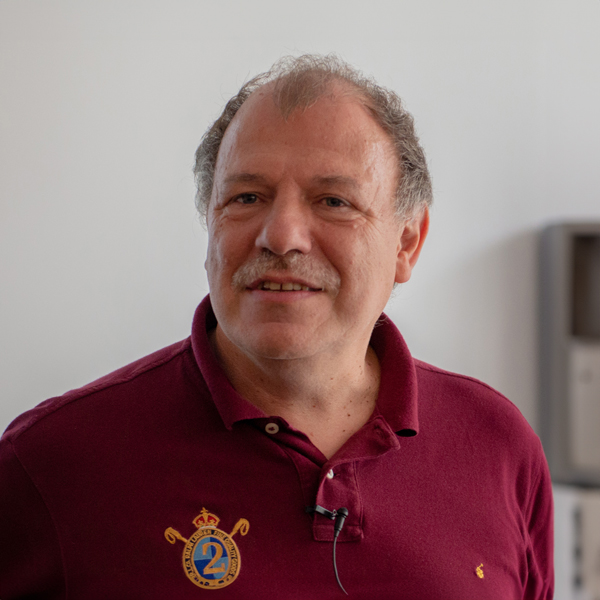Empowering Robots with Digital Mental Models: Filling the Cognitive Gap for Everyday Tasks
Day 2 | 14:45 – 15:00 | Main Hall

Prof. Dr. Miachael Beetz
University of Bremen
Abstract
In this talk I introduce Digital Mental Models (DMMs) as a novel cognitive capability of AI-powered and cognition-enabled robots. By combining digital twin technology with symbolic knowledge representation and embodying this combination into robots, we tackle the challenge of converting vague task requests into specific robot actions, that is robot motions that cause desired physical effects and avoid unwanted side effects. This breakthrough enables robots to perform everyday manipulation tasks with an unprecedented level of context-sensitivity, foresight, generality, and transferability. DMMs narrow the cognitive divide currently existing in robotics by equipping robots with a profound understanding of the physical world and how it works.
Prof. Dr. Michael Beetz
Michael Beetz is a professor for Computer Science at the Faculty for Mathematics & Informatics of the University Bremen and head of the Institute for Artificial Intelligence (IAI). IAI investigates AI-based control methods for robotic agents, with a focus on human-scale everyday manipulation tasks. With his openEASE, a web-based knowledge service providing robot and human activity data, Michael Beetz aims at improving interoperability in robotics and lowering the barriers for robot programming. Due to this the IAI group provides most of its results as open-source software, primarily in the ROS software library.
Michael Beetz received his diploma degree in Computer Science with distinction from the University of Kaiserslautern. His MSc, MPhil, and PhD degrees were awarded by Yale University in 1993, 1994, and 1996 and his Venia Legendi from the University of Bonn in 2000. Michael Beetz was a member of the steering committee of the European network of excellence in AI planning (PLANET) and coordinating the research area “robot planning”. He is associate editor of the AI Journal and the coordinator of the German collaborative research centre EASE (Everyday Activity Science and Engineering, since 2017). His research interests include plan-based control of robotic agents, knowledge processing and representation for robots, integrated robot learning, and cognitive perception. In 2019, he received a honorary degree from the University of Örebro for his longstanding cooperation and exceptional, international research.